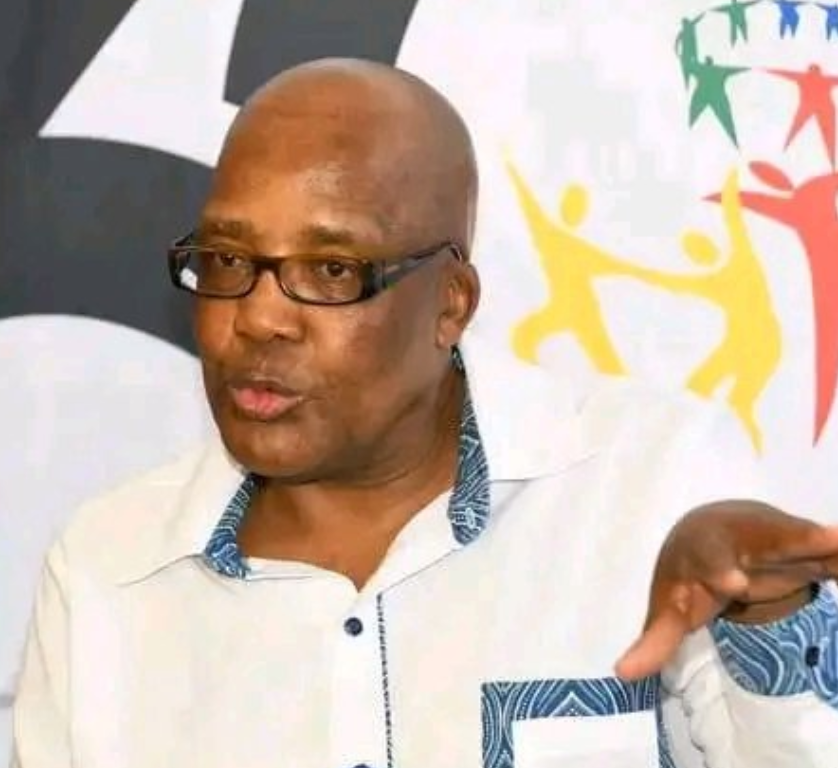Pretoria – South Africa’s health ministry does not keep records of foreign nationals accessing public healthcare, Health Minister Aaron Motsoaledi confirmed in a written parliamentary reply.
Motsoaledi said provincial health departments also do not track undocumented South Africans, emphasising that healthcare is provided based on clinical need, not nationality or documentation status, in line with the Constitution, The Citizen reported.
“In accordance with Section 27 of the constitution of the Republic of South Africa, everyone has the right to access healthcare services, including reproductive healthcare, and no one may be refused emergency medical treatment.
“Health care is provided based on clinical need, not on nationality or documentation status,” the report quoted the minister as saying.
The minister addressed questions from ActionSA MP Tebogo Letlape, who had requested data on documented and undocumented foreign nationals using public healthcare over the past five years, and on the reporting of illegal immigrants to the Department of Home Affairs.
[WATCH] Health Minister Dr Aaron Motsoaledi says he has met with the Operation Dudula group over their stance on undocumented foreign nationals who are accessing public health facilities in SA. He says he has warned the group to be careful, as they might turn back South African… pic.twitter.com/U6sskJ6Jgd
— SABC News (@SABCNews) August 12, 2025
Motsoaledi said patients are asked for identification, but treatment is still provided to those without documents, making it impossible to determine how many undocumented foreigners are treated.
He also noted that civil registration systems across Africa remain underdeveloped.
In a separate update, the minister provided figures on public health staffing.
KwaZulu-Natal employs the most nurses at 32,151, with Gauteng leading in medical practitioners (7,268) and other health professionals (5,748).
Staffing trends vary across provinces, with Free State, Limpopo, and Mpumalanga seeing declines in nursing staff, while the Northern Cape remains the smallest employer of health professionals.
Motsoaledi recently met with anti-migrant group Operation Dudula on Tuesday to discuss foreign nationals’ access to healthcare.
[WATCH] Health Minister Dr Aaron Motsoaledi says he has met with the Operation Dudula group over their stance on undocumented foreign nationals who are accessing public health facilities in SA. He says he has warned the group to be careful, as they might turn back South African… pic.twitter.com/ONGhgFXUCR
— SABC News (@SABCNews) August 12, 2025
The group has been blocking undocumented foreigners from public clinics and hospitals, claiming they strain the healthcare system.
Motsoaledi stressed that no one can be denied medical care based on documentation status, warning that enforcing such rules could endanger lives and lead to legal consequences.
“I told them they might be solving what looks like a legitimate problem but using the wrong means,” the minister said.
“In health, we treat everybody who enters who is sick, and they can’t expect us to chase people away, regardless of their nationality. It is just not allowed in healthcare.”
Motsoaledi said that many South Africans also lack IDs — about 11% of the population — and would be unfairly affected if proof of identity were strictly required.
“In South Africa, we have 89% documentation, which means 11% of South Africans are not documented. If you look at our population, 11% would be about 6-million people. They don’t have any form of documentation but they are not illegal because they are in their country; they are South Africans…
“If you continue to do it the way you are doing it, you are going to turn away many South Africans who are legitimate but do not have documents. Having worked in home affairs, I have met such people. I have met people who are 64 or 65 who are South Africans but never had documents, so [I am saying] be very careful.”
Follow African Insider on Facebook, X and Instagram
Picture: X/@DiphiriBen10
For more African news, visit Africaninsider.com
Compiled by Betha Madhomu


